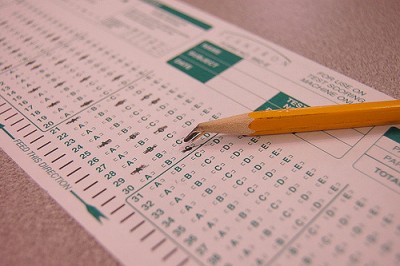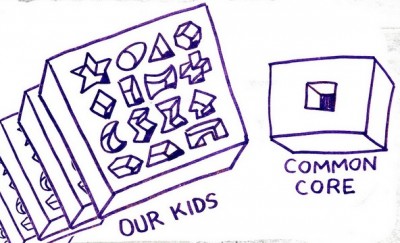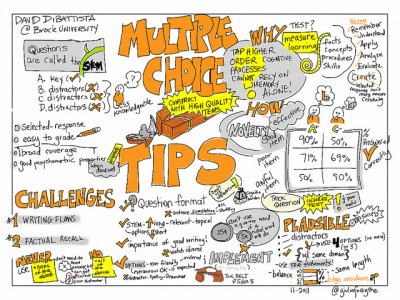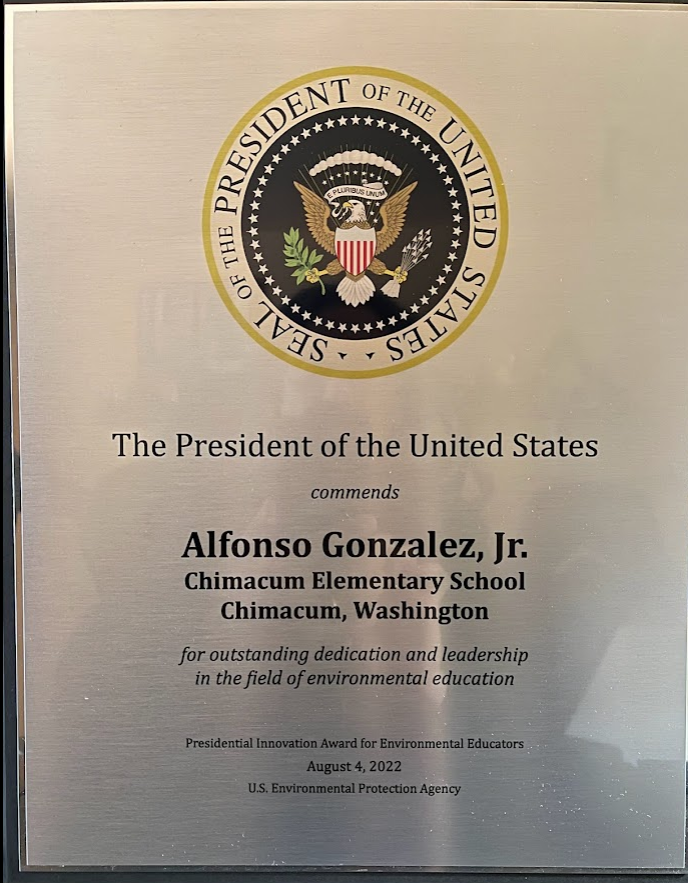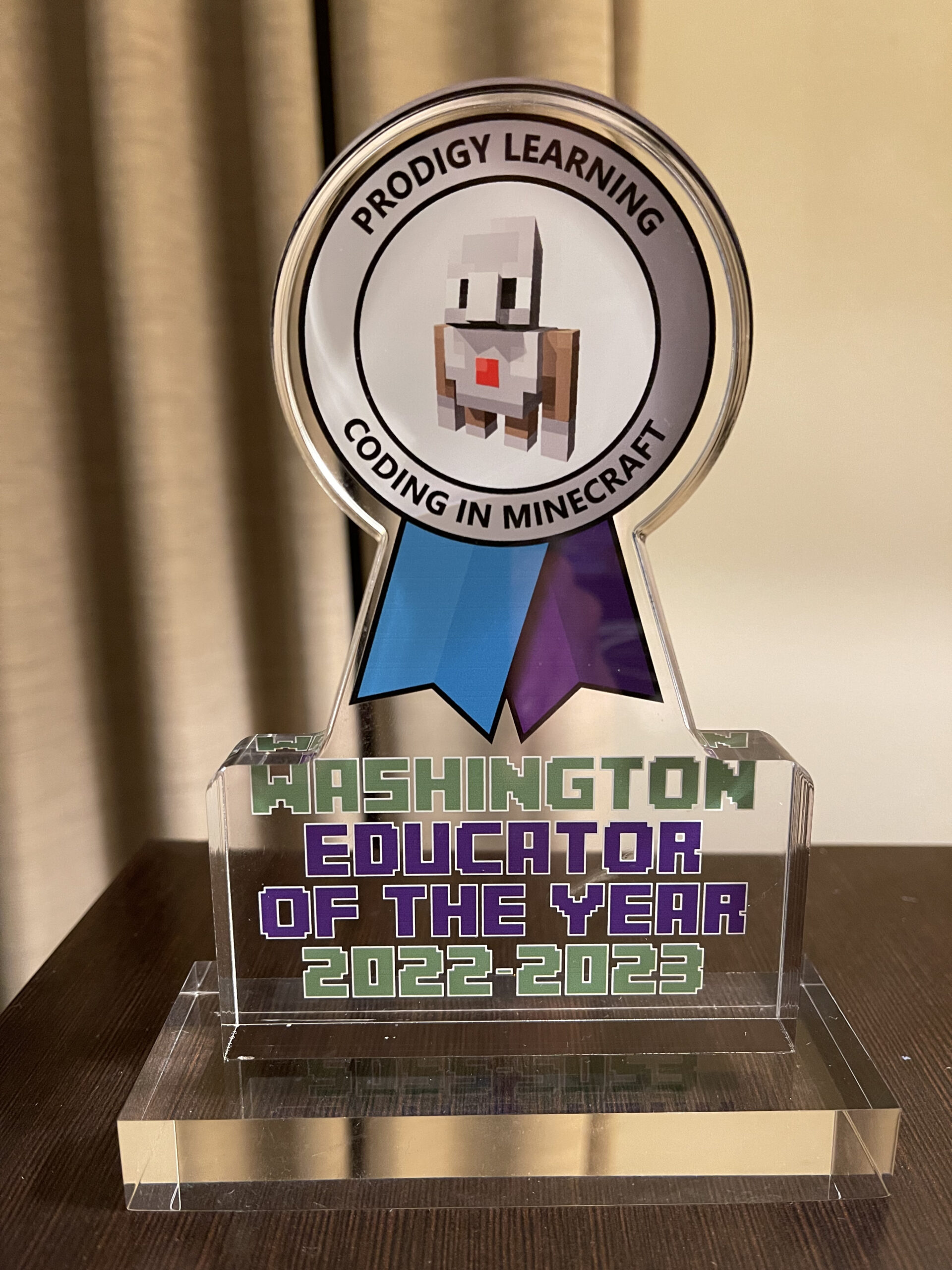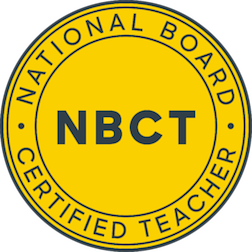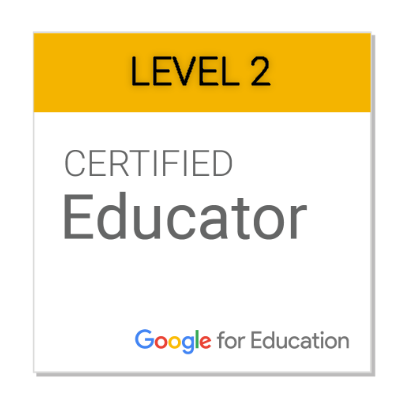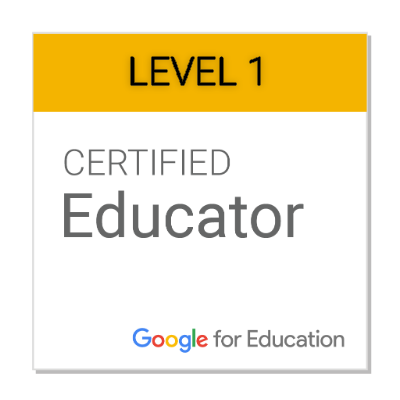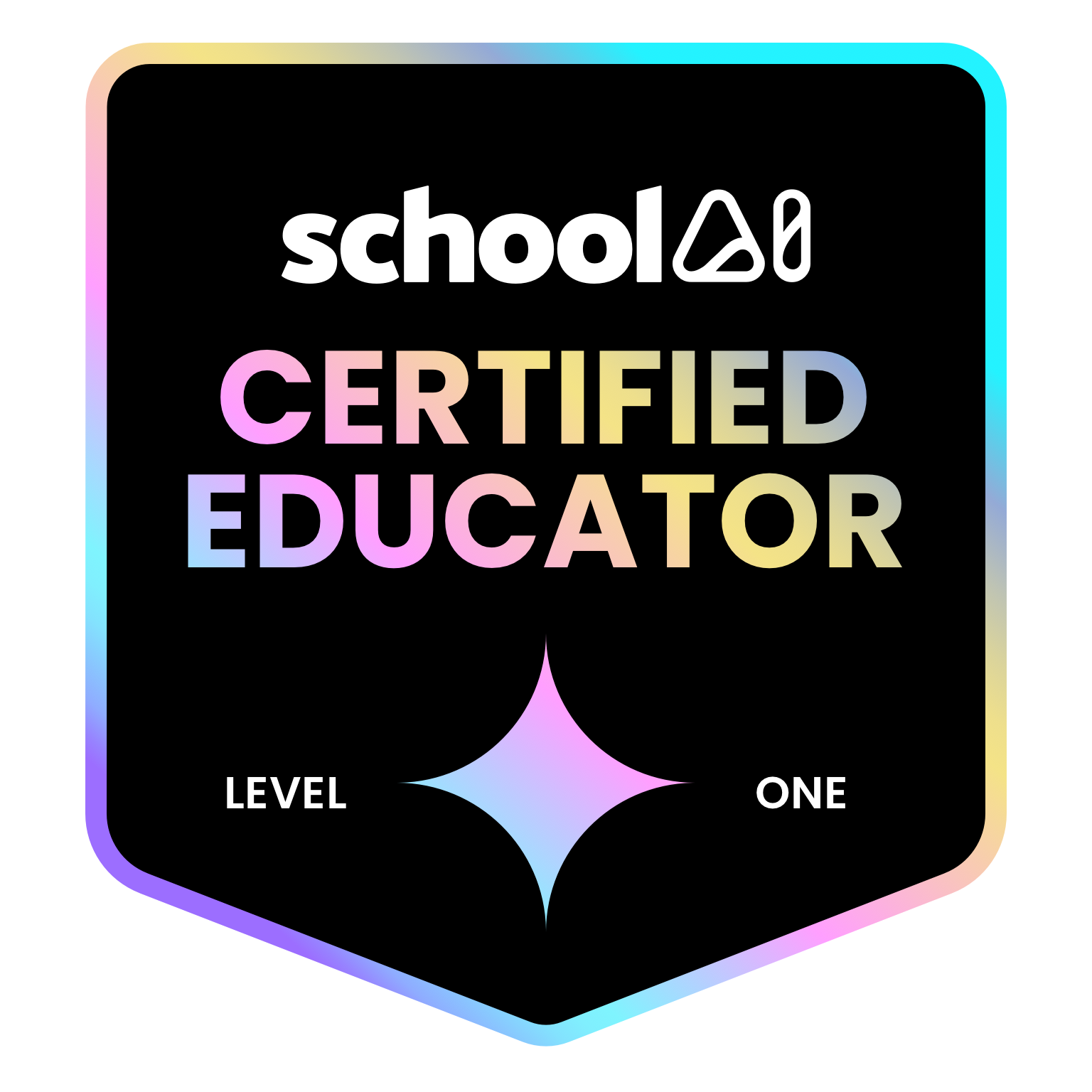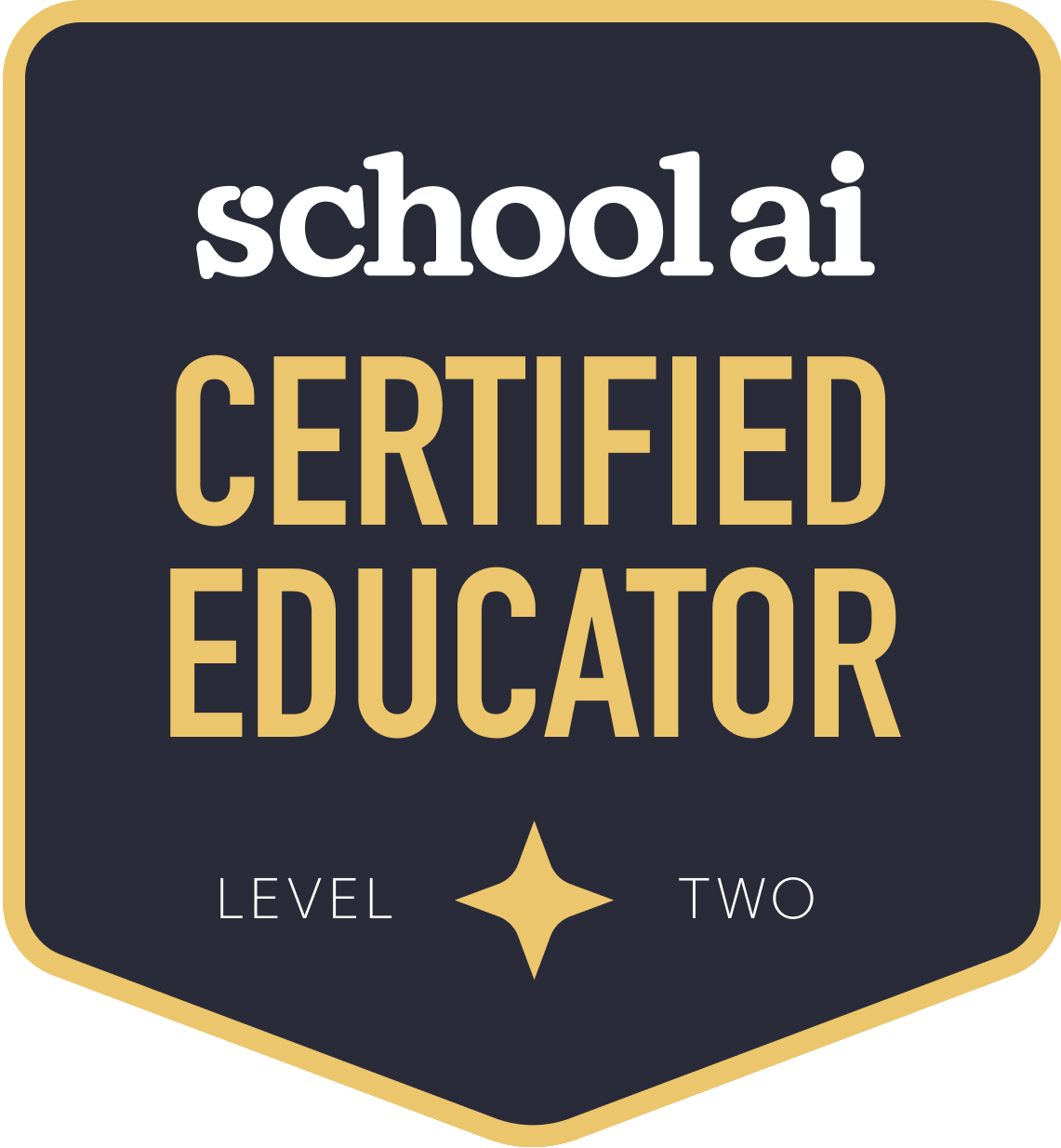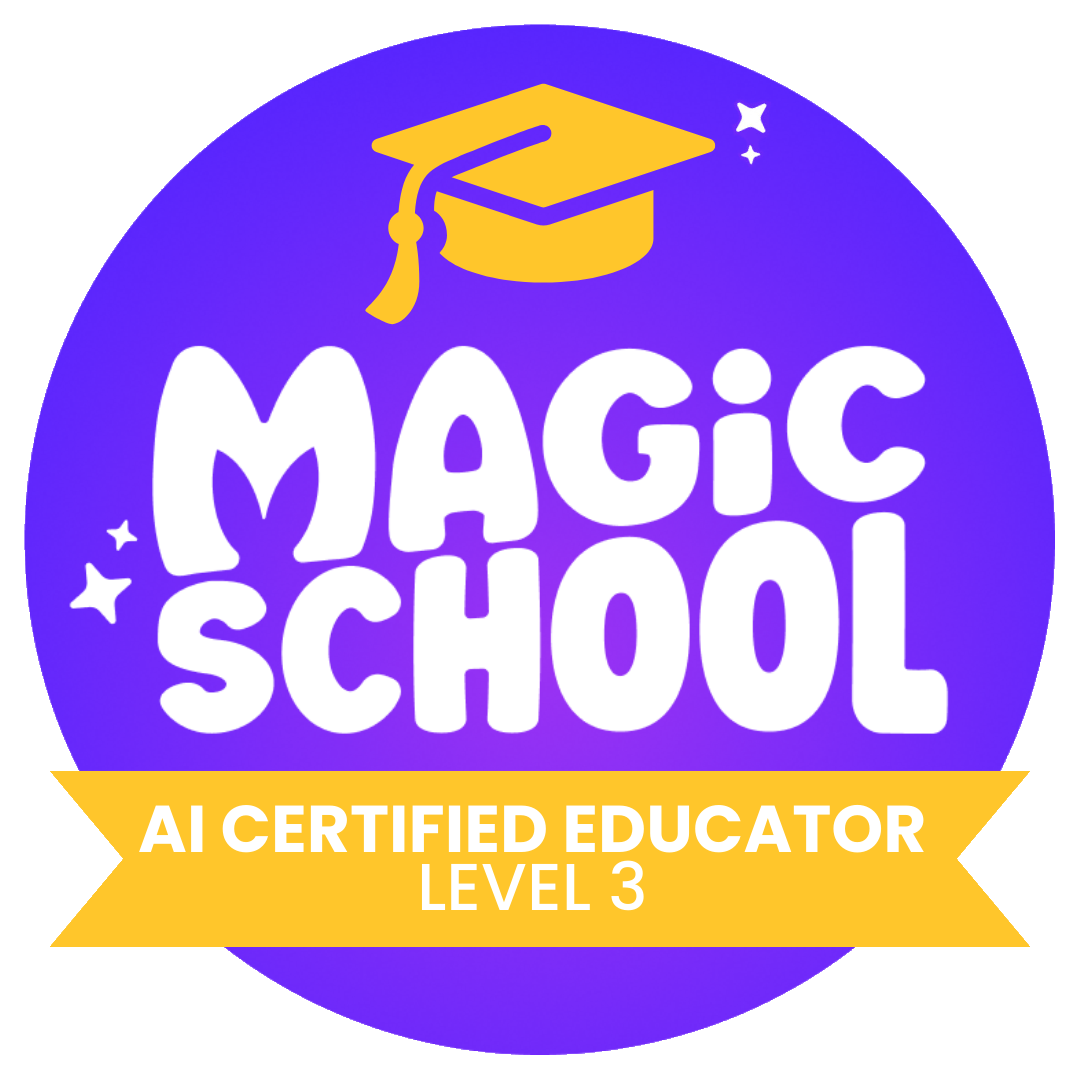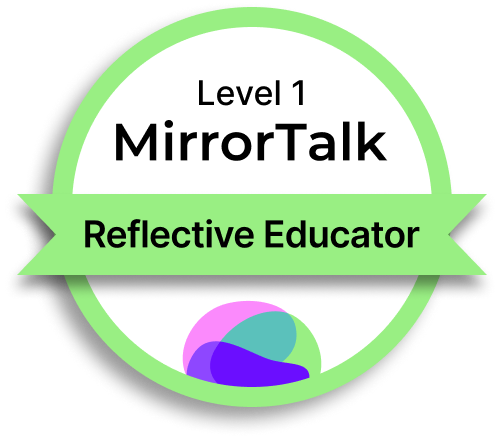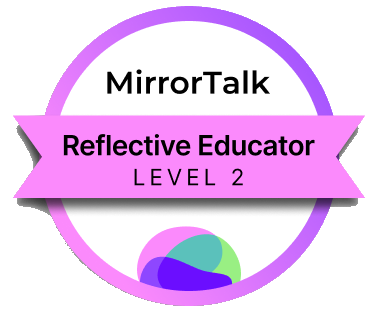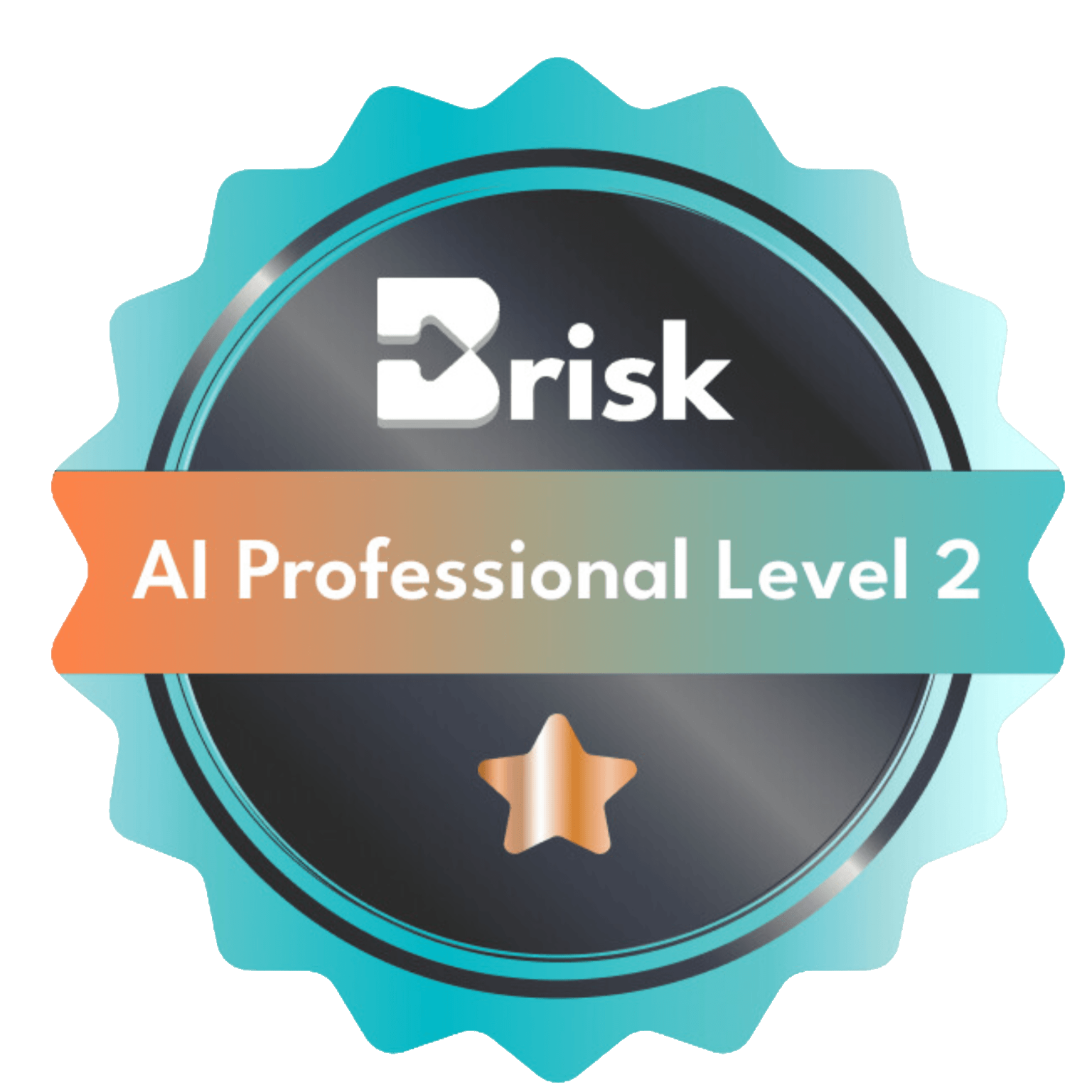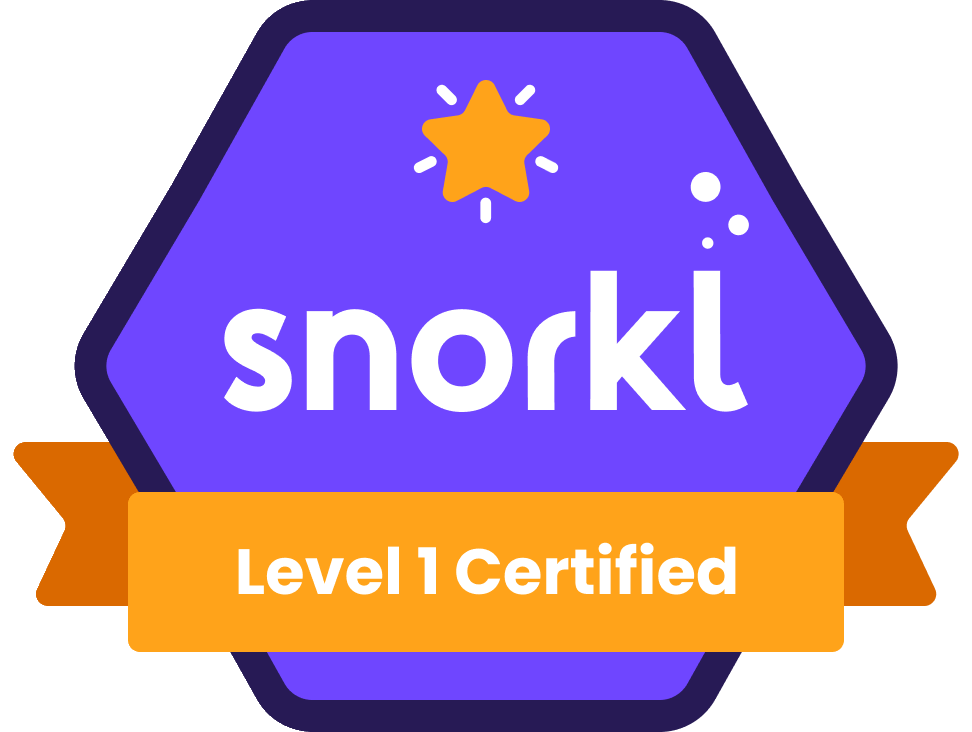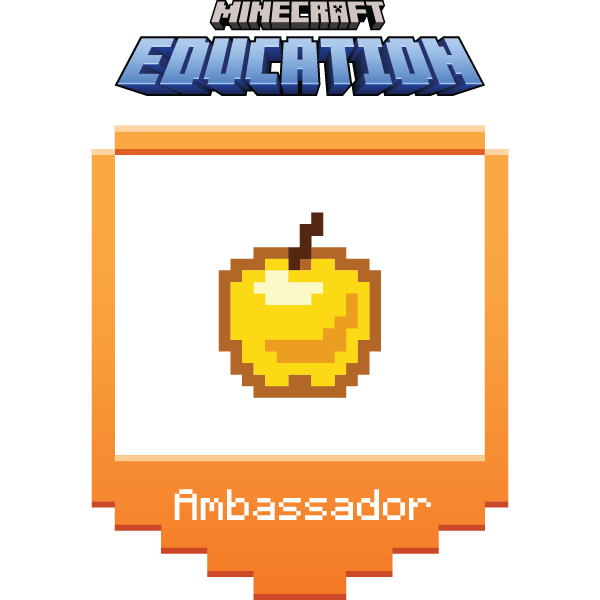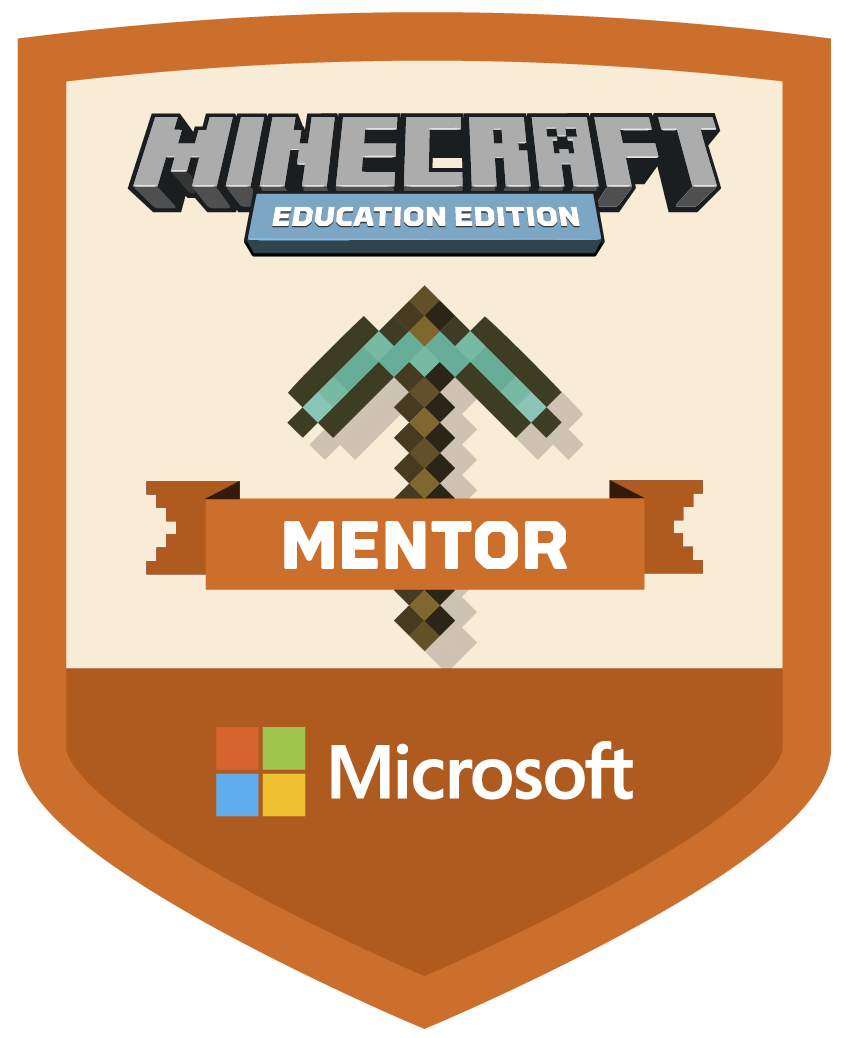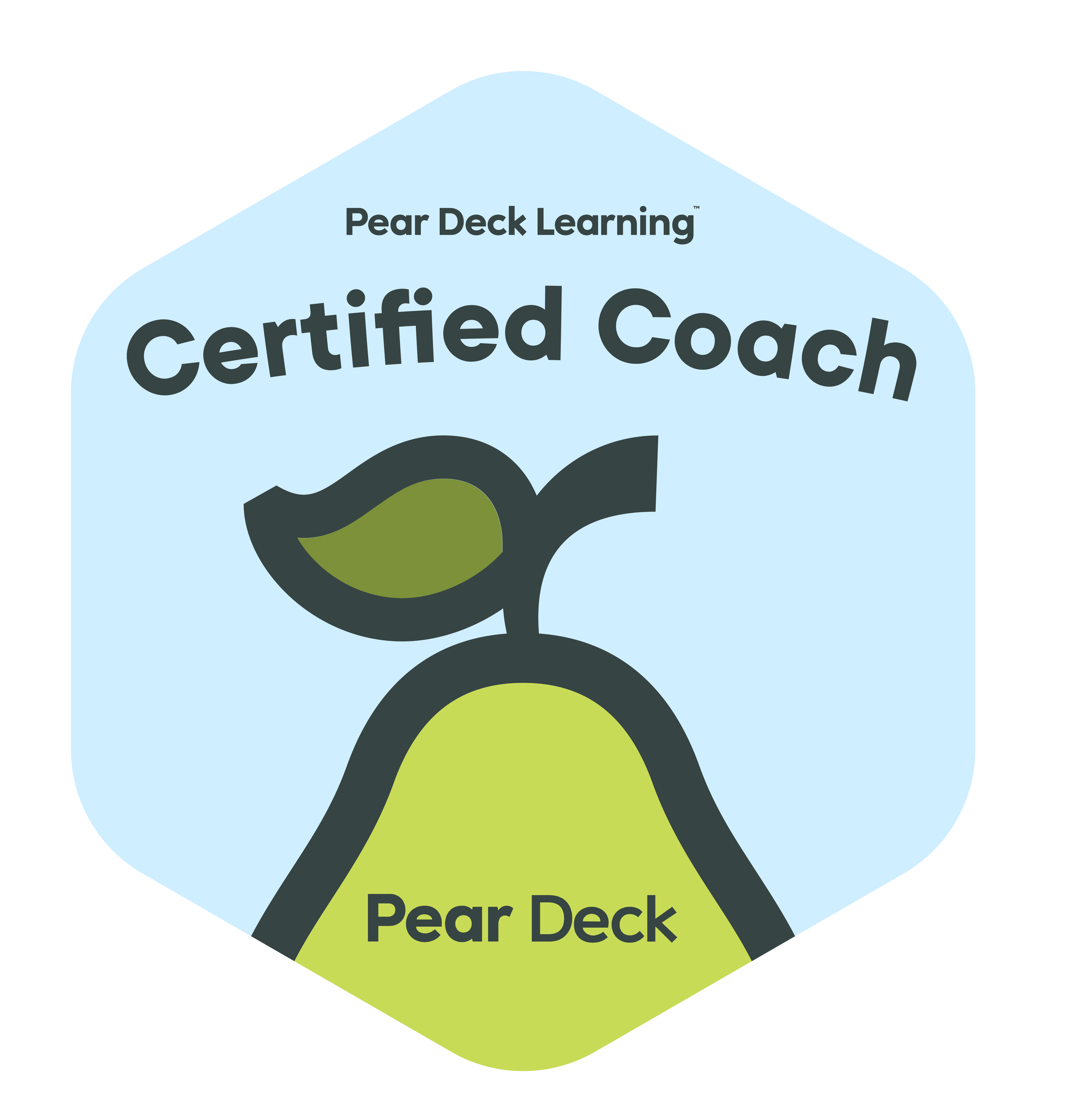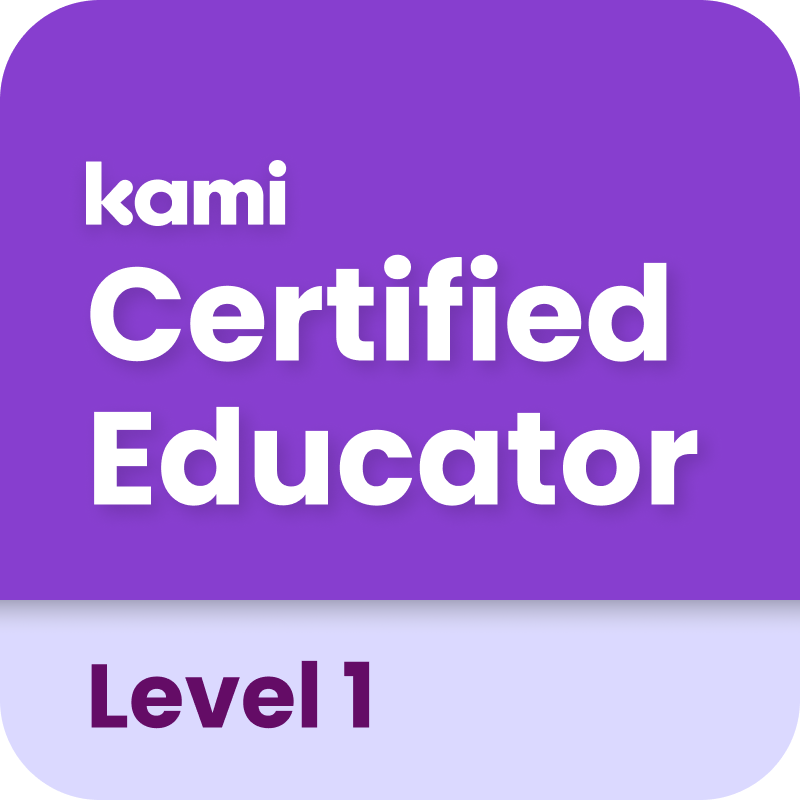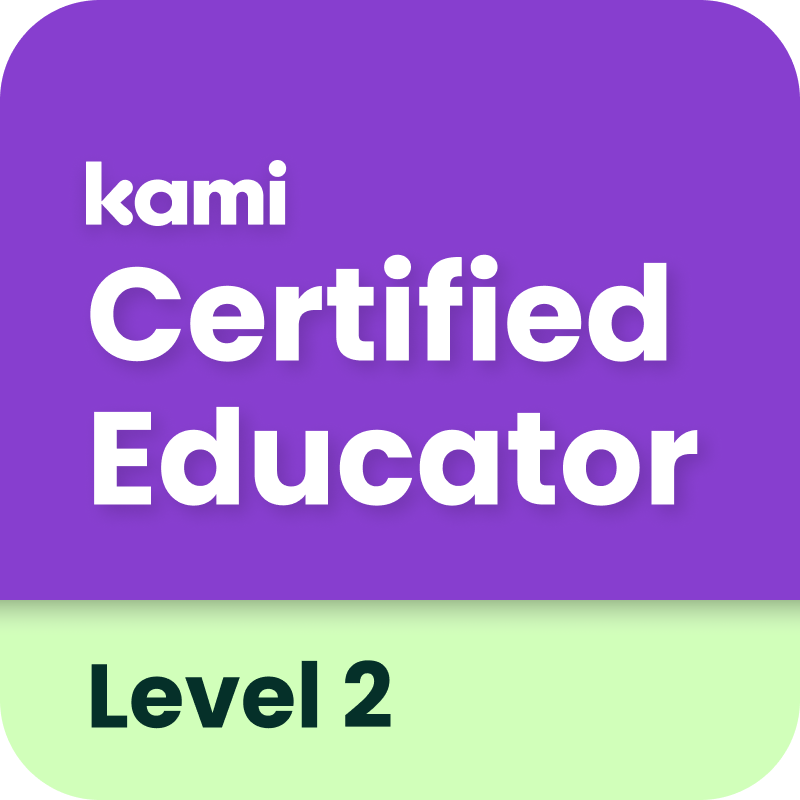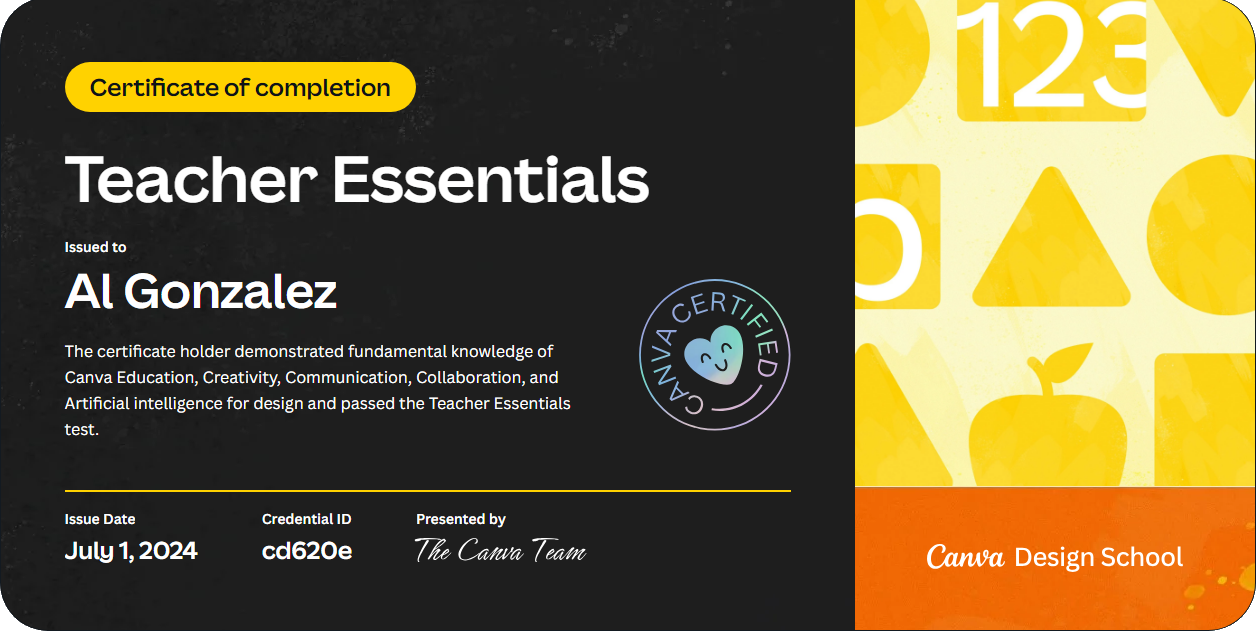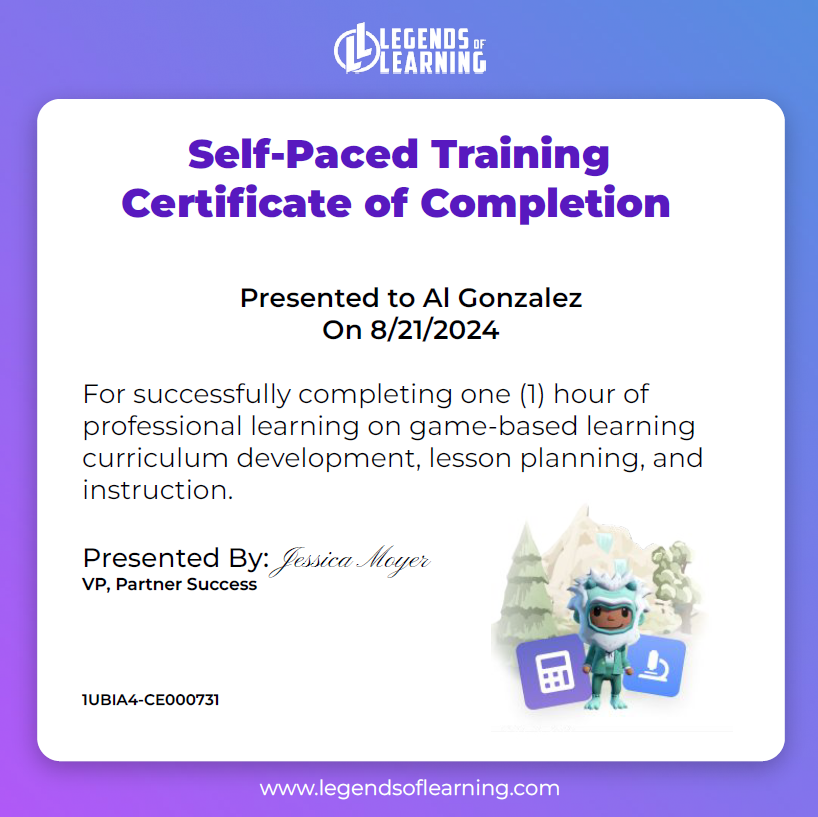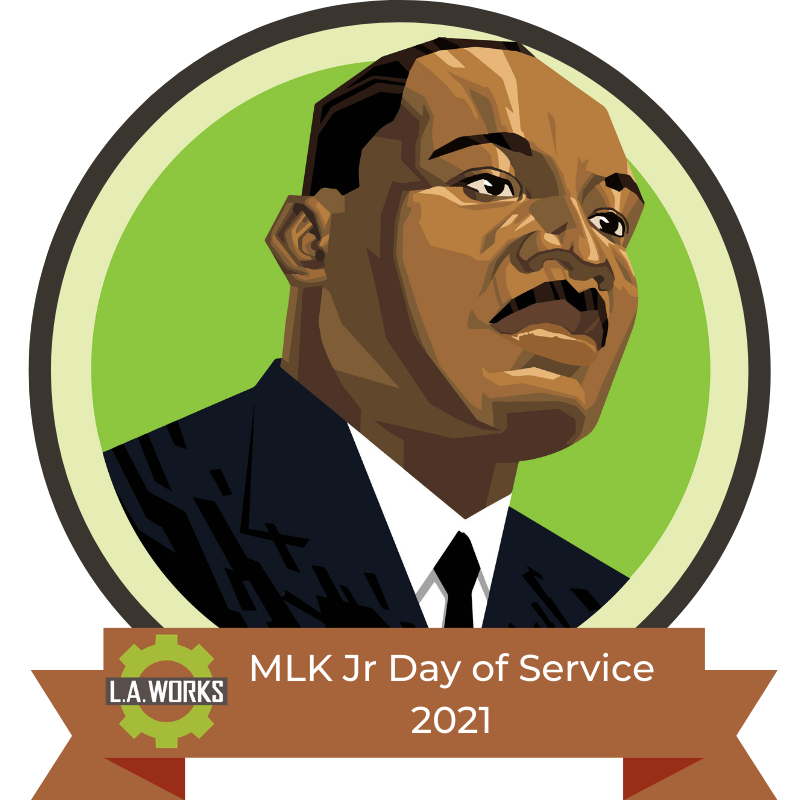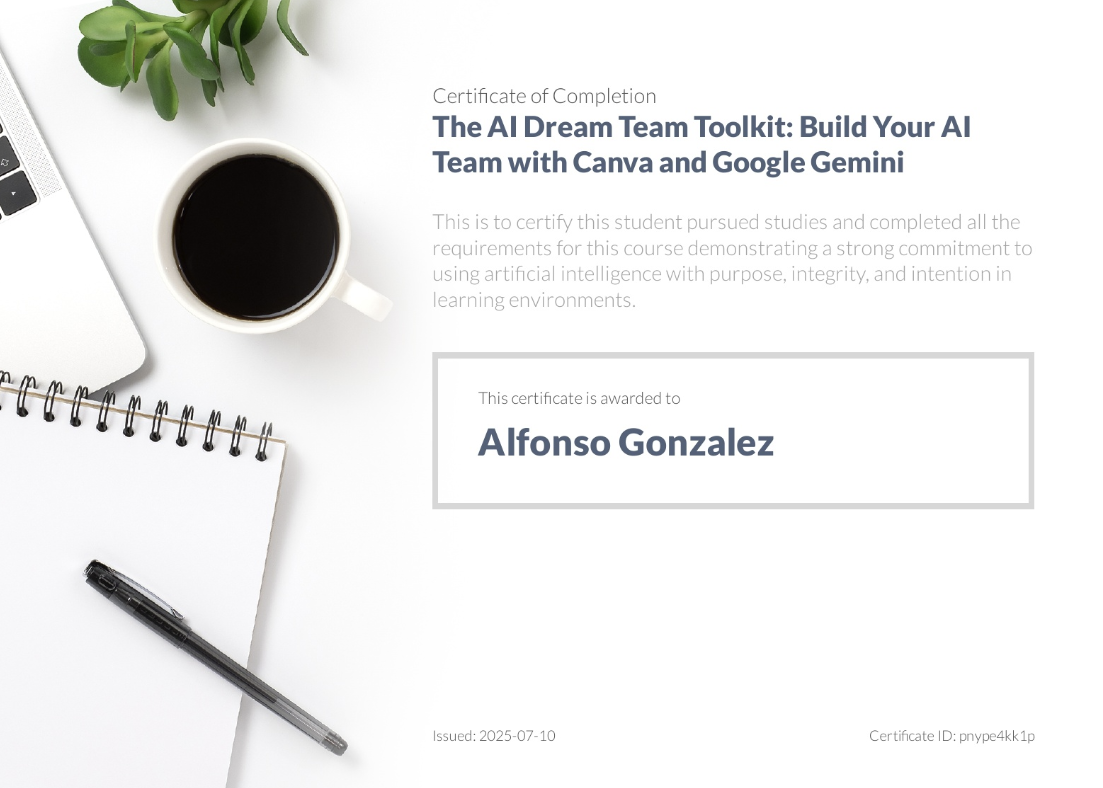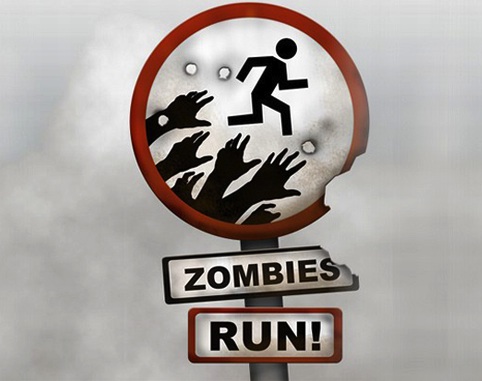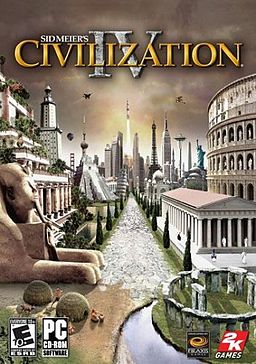What Made Standards Evil?
I get it. Ever since No Child Left Behind, education reform has taken a turn for the worst. The mere mention of privatization, vouchers clouded under the guise of choice, charter schools, testing every kid, in every grade level, multiple times, and then making curriculum to prepare kids for the tests make profiteers froth at the mouth. Ever since the education market opened up, billionaires pushed their reform ideas to willing politicians. Education reforms that, coincidentally, didn’t apply to their own children but were nonetheless what the masses needed to “do well in school.” And much of this so called reform done with few to NO teachers at the table. Decisions made that affected us and our students and with educators all but silenced. Well, not so much silenced, as many of us have had much to say, but powerless to stop many of the reforms that have caused schools to be labeled as failures and closed.
Standardized Testing
Before all that bad education reform we had standards and we had standardized tests. When I started teaching in 1991 I remember spending a few days preparing my 4th and 5th graders for the California Test of Basic Skills (CTBS). They would spend part of one day testing. I would get the results before the next school year started and I would use the data to make sure I added or adjusted to what I was teaching to make sure all my students had the basic skills they needed. The test didn’t take a lot of time out the school year and I didn’t take a lot of time out of my curriculum to prepare the kids for the test. Back then they needed to learn how to fill in a bubble sheet and how to read and answer multiple guess questions, now the tests require more than basic skills. The results of the test didn’t hurt students and weren’t used to evaluate me as a teacher. All in all, it was no big deal, just another day in school. If it were no big deal I would have no problems with giving my students a standardized test once a year.
Standards
Standards were used as a guideline. I could tell what to focus on without needing to do a whole bunch of research, including what is developmentally appropriate for the kids I was teaching. I trusted that people smarter than I were making the standards. As long as I still had choice and autonomy to adjust what I was teaching to meet the needs of the learners in front of me, I was teaching and I was enjoying my job. Standards didn’t take away from me doing my job. Standards are a reality of our job so we need to work with them the best we can in the best interest of the children.
So What’s the Problem?
So really, when it boils down to it, standards aren’t the problem. It’s how they are used. Use the standards to tell teachers when, at what time, and how to teach and you stifle us. If the standards are just guidelines that help us choose from an infinite amount of topics what kids should be learning at each grade level in ways that align from K through 12th grade, giving me the freedom to choose how I address those standards and how fast my students can go through the curriculum, then I’ve got room to teach and my students can learn.
Tests
Similar concept with tests. Give my students multiple tests a year, or a few tests that take hours at a time to complete, and make my school and my evaluation contingent on my students passing those tests, and even their graduation contingent on passing those tests, and now those tests become the most important thing in school. On the other hand, if tests are just one more source of data on how my students are doing then balance is restored to the force and I can focus on teaching and preparing my students for the 21st Century, high tech, critical thinking required, complex text, problem-solving world they will be thrown into one day. Will they have to take tests in the “real world?” Probably yes, so spending a little time during the school year to prepare kids for a test and test them is okay. Go over that magic line and it become oppressive. I have to admit, the tests are getting better as they move away from just multiple choice. But in the end, it’s still JUST a test that usually has very little to do with what my students have been learning all year. Even if the tests are aligned to the standards, and I’m aligning my curriculum to the standards, that doesn’t mean the topics will align. Tests are just showing how well kids take a test and how much they do at home. Tests have proven time and again that it’s the poor who don’t do as well on standardized tests. We know that so let’s move past it and work at fixing the real problems of poverty. Yeah, I know, that’s beyond what classroom teachers can do. My point is that those tests shouldn’t be a big deal in my classroom.
I’m not a hater of standards. I’m a hater of narrowing my curriculum and taking away my power to choose and adjust as needed for my students.
I’m not a hater of standardized tests. I’m a hater of using standardized test scores to judge students, evaluate teachers and schools and narrow curriculum. If it hurts kids, then you bet I’m against it. Do standardized tests have to hurt kids? No.
For more info on what I really think, here are some more of my views on Ed Reform.

